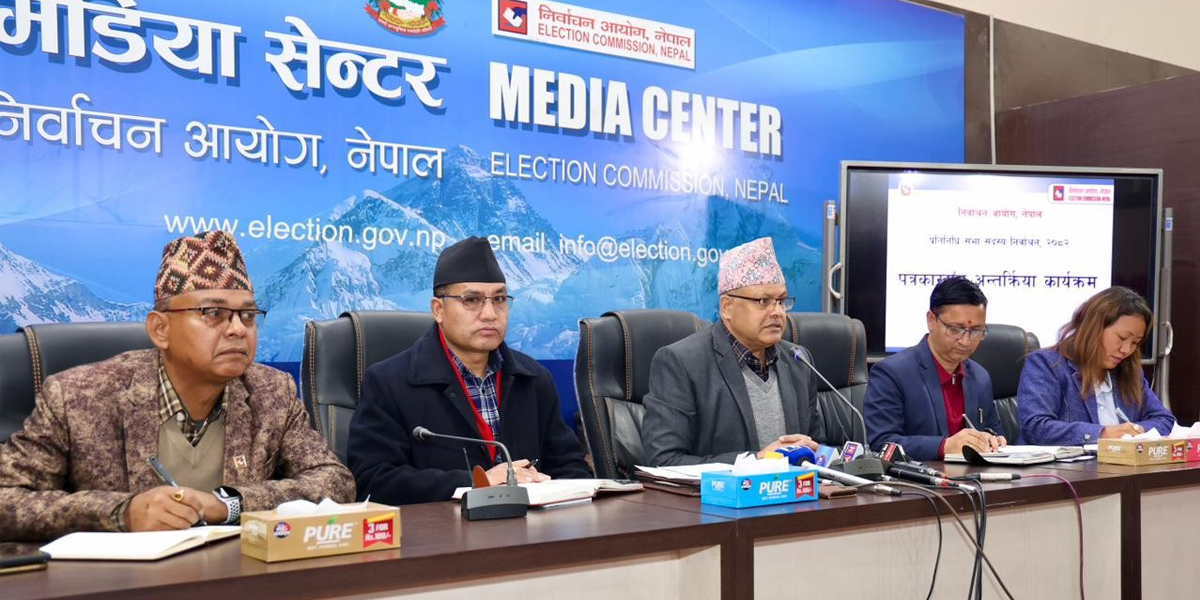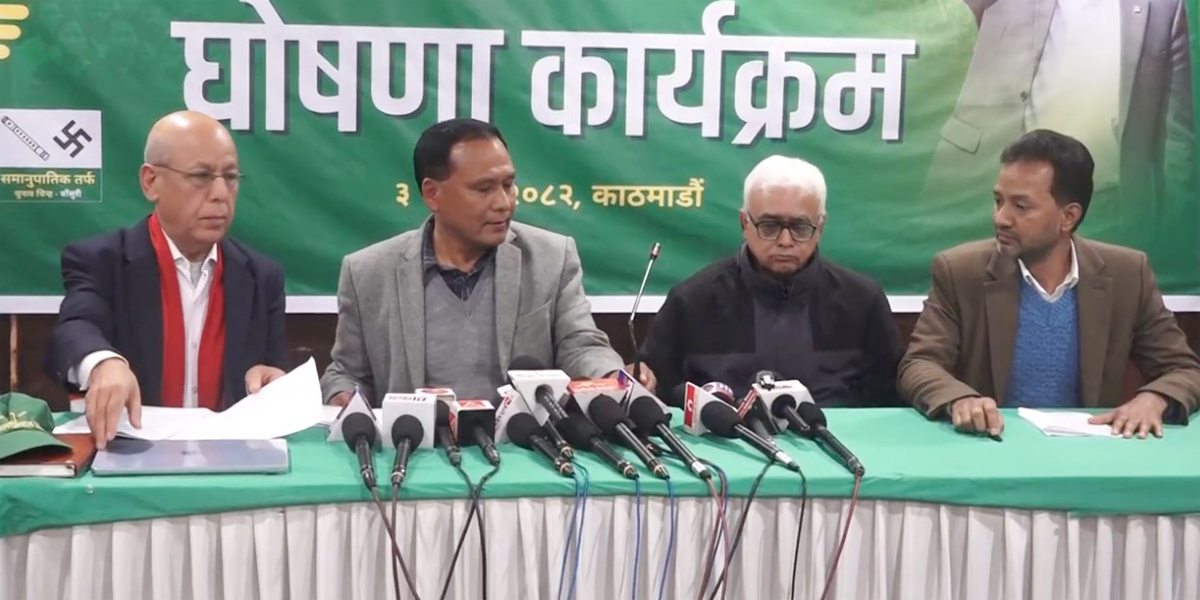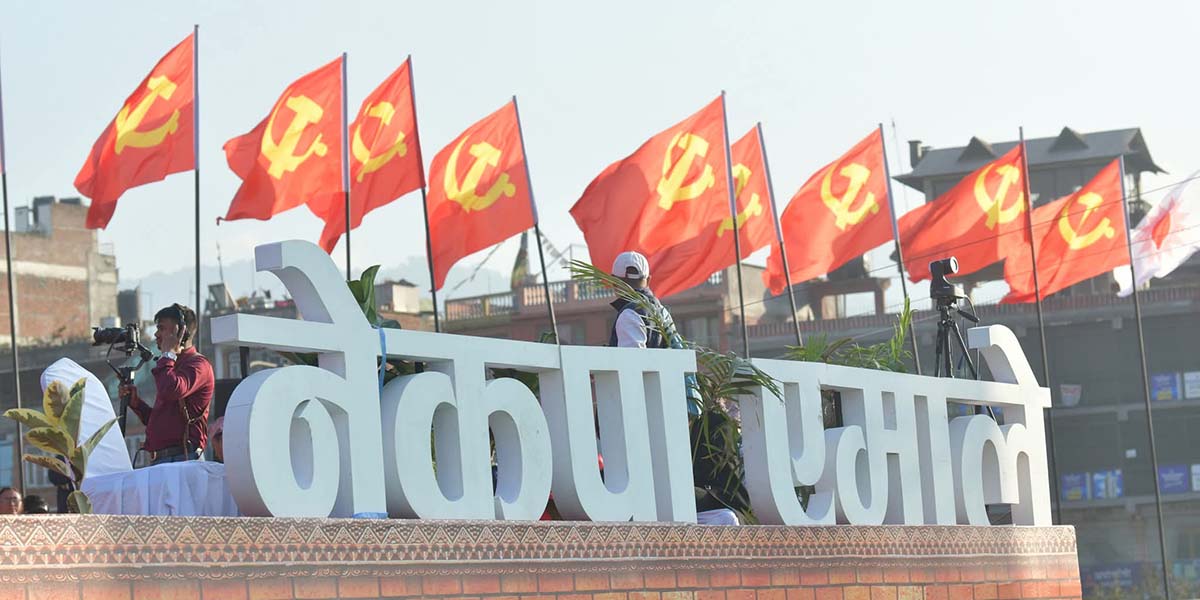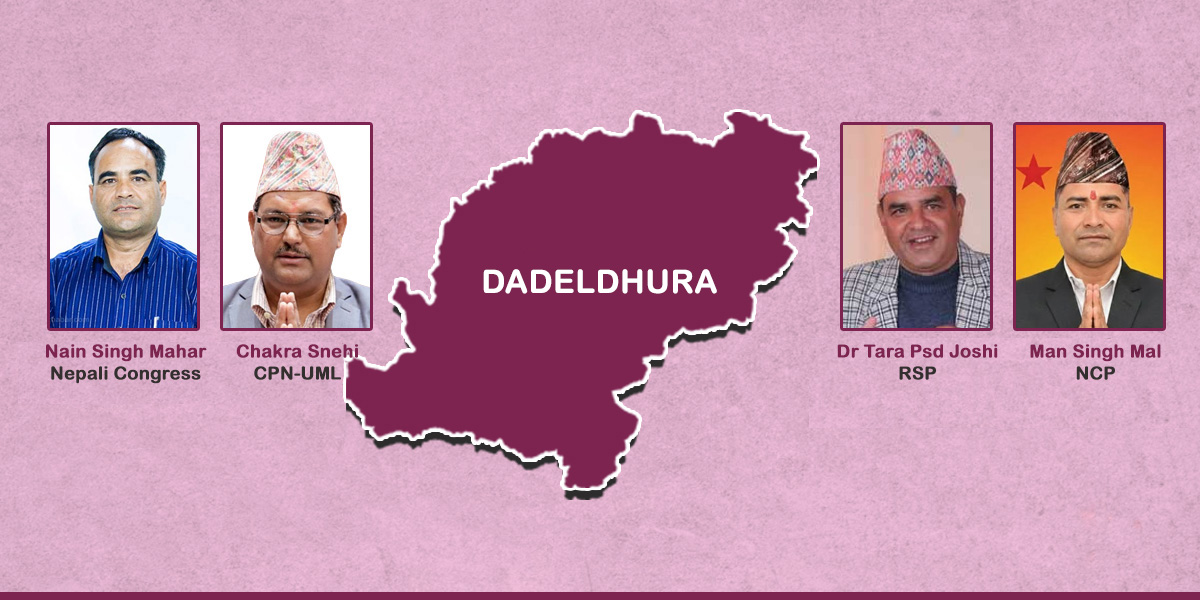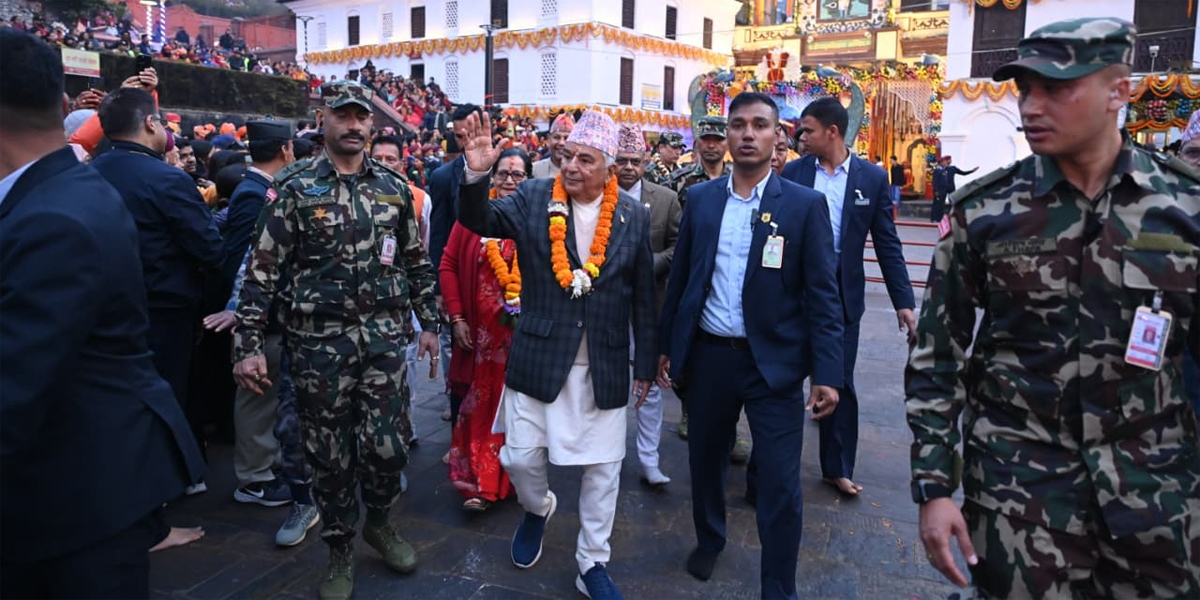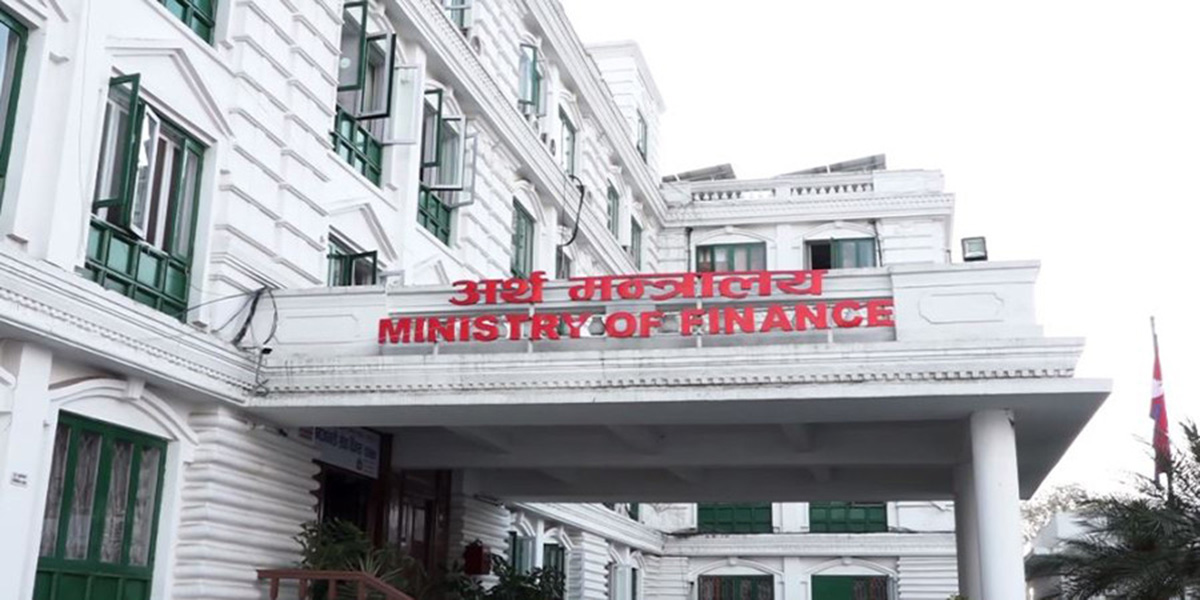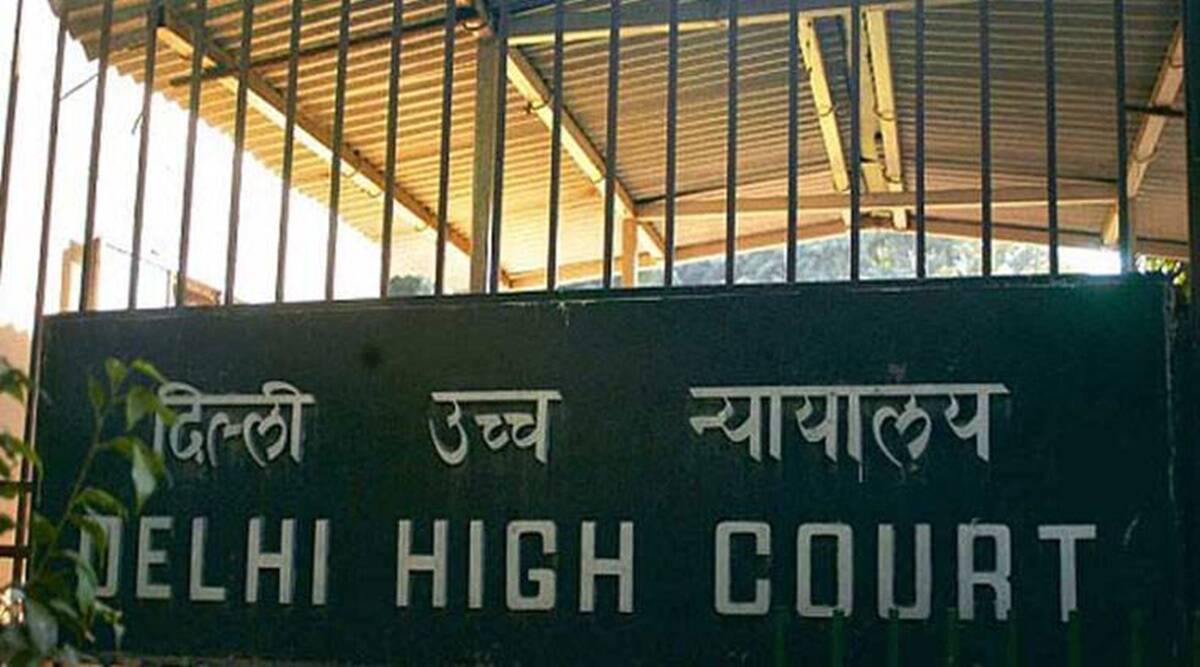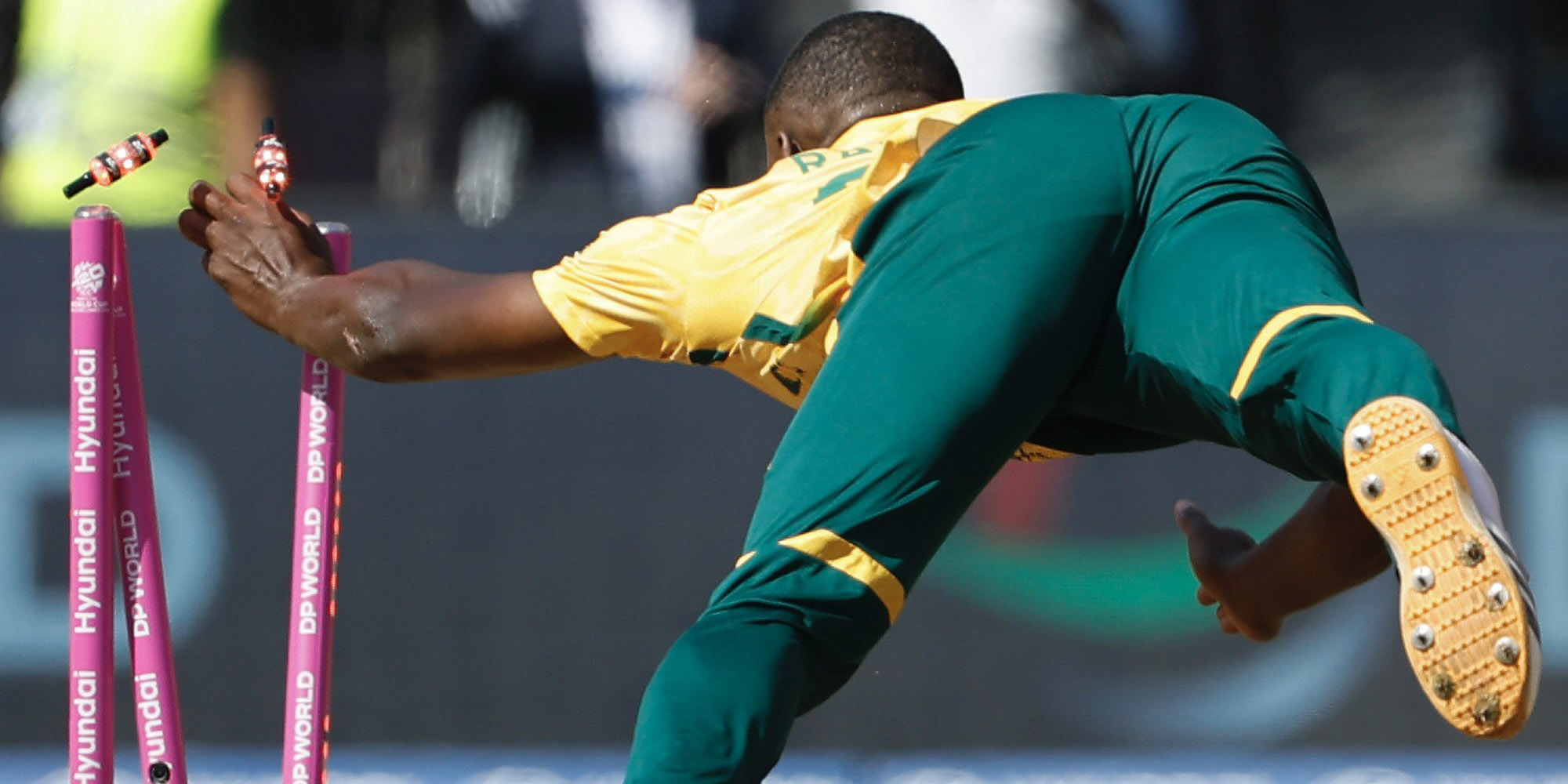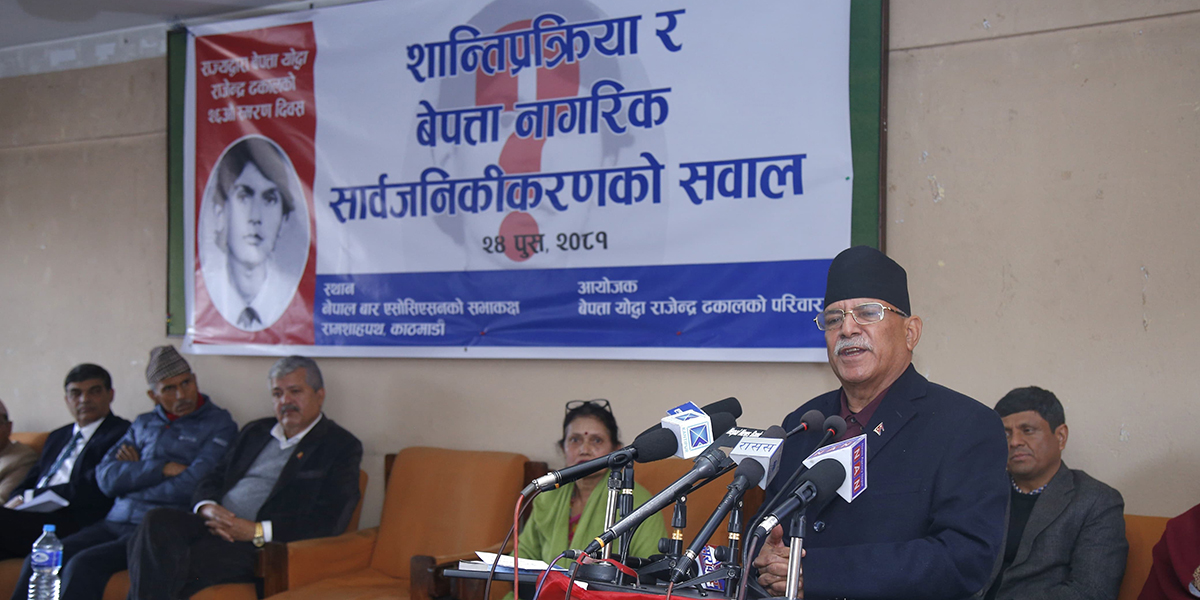
KATHMANDU: Former Prime Minister and CPN (Maoist Center) Chairperson Pushpa Kamal Dahal has said that Pushpa Kamal Dahal ‘Prachanda’, Chairman of CPN (Maoist Center), has stated that they might have to take to the streets to take the peace process to a logical conclusion.
Addressing a program titled ‘Peace Process and the Issue of Making Disappeared Citizens Public’ organized, on the 26th anniversary of the disappearance of Rajendra Dhakal, in Kathmandu on Wednesday, Dahal said he has been working to conclude the peace process on the basis of political consensus. He accused some political forces of using this issue as a weapon against the Maoists.
“We were ready to finalize transitional justice-related bill in the previous parliament. But it couldn’t happen as problems arose at the eleventh hour,” Dahal said. “This time problems have emerged even after the enactment of the Bill and formation of a committee to recommend office-bearers of two transitional justice commissions This is due to political reasons.”
Dhaal said problems have emerged as some political forces are using the peace process as a weapon against the Maoists. “Now, need to gradually increase pressure by taking this issue to the streets and parliament,” Dahal said, adding that his party was ready to take the lead on behalf of the victims.
Reminding that the 12-point understanding and the peace agreement have become part of the constitution, he urged the government to be serious about its implementation as a responsibility of the state.
Dahal also said that he, both as the leader of the ‘people’s war and revolution’ and a signatory to the peace agreement, is working to conclude this matter as quickly as possible.
Dhakal, then president of the Gorkha district chapter of the Nepal Bar Association, has been missing since his arrest by the security forces from Tanahun district in 1998.

 Himal Press
Himal Press 

